May 2, 2024 | 19:06 GMT +7
May 2, 2024 | 19:06 GMT +7
Hotline: 0913.378.918
May 2, 2024 | 19:06 GMT +7
Hotline: 0913.378.918
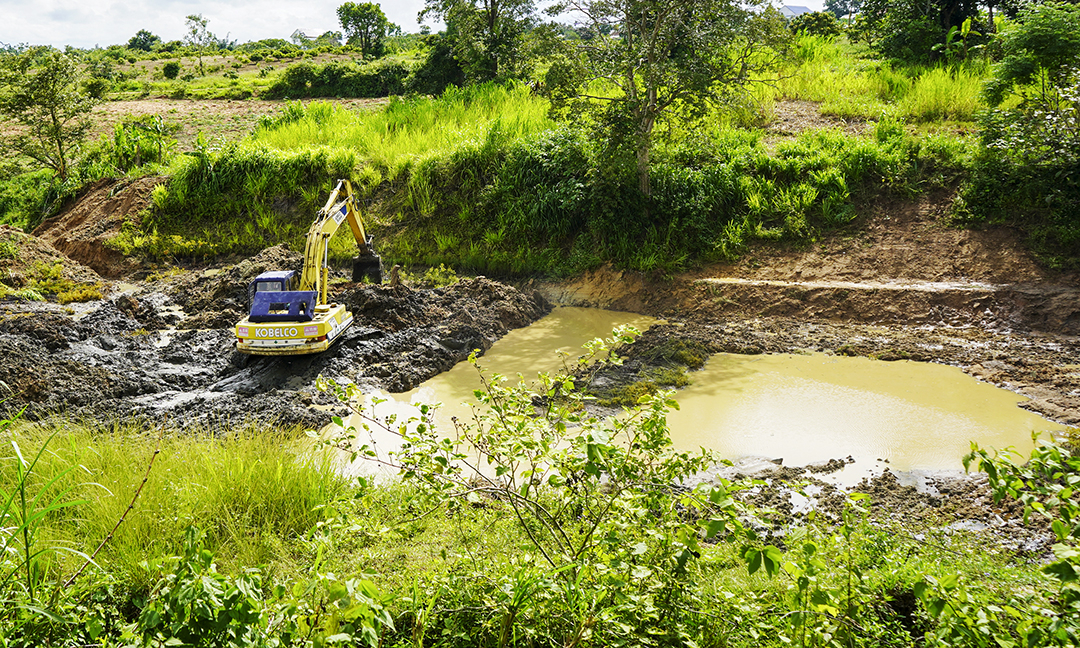
A climate-resistant pond is under construction.
The project is designed to empower vulnerable smallholders in five provinces of the Central Highlands and South-Central Coast regions of Vietnam – especially poor, near poor, ethnic minority, and economically women-dependent households – to manage increasing climate risks to agricultural production by securing water availability, adopting climate-resilient agricultural practices, and strengthening access to actionable agro-climate information, credit, and markets.
The project also promotes women’s economic empowerment and maximizes social and environmental benefits for vulnerable groups via a gender-sensitive and socially inclusive approach. The results and good practices of the project will be integrated into Viet Nam’s development strategies and policies.
Viet Nam is particularly vulnerable to climate change and already impacted by more irregular and intense climate variability and change.
Two of the regions most vulnerable to climate risks affecting smallholder farmers are the Central Highlands and South-Central Coast.
Accordingly, 121 climate change-resistant ponds have been built within the project "Strengthening the Resilience of Smallholder Agriculture to Climate Change-Induced Water Insecurity in the Central Highlands and South-Central Coast Regions of Vietnam”.
The project, funded by the Green Climate Fund (GCF), aims to improve water security and protect the livelihoods of smallholders in these two areas. From now to 2026, the program is expected to build 1,159 climate-resistant ponds, hand them over and put them into use.
Of 121 ponds that have been built, 106 are currently in use. The remaining 15 are under construction and will be completed soon to store water in the rainy season, helping households increase water resource access in 2023.
Irrigation experts used rainfall models to calculate water balance while considering many factors such as maximum use of available water resources, suitability to geographical conditions and climatic risks, and traditional local experience.
This option ensures that the pond can withstand different climate scenarios, providing a water supply and stable use in the long run.
The project, coordinated by UNDP, has been implemented since October 2021, with a capital of US$ 30 million. When completed in 2026, about 500,000 people, more than half of which are women, will benefit directly and indirectly.
This is also one of the essential highlights of the project when choosing a community-centered approach. Through pond use management groups, farmers, especially women and ethnic minorities, will supervise construction, operation, and maintenance.
Through training and capacity-building sessions, farmer-led teams will ensure that climate-resilient ponds are used optimally and that technical challenges are addressed promptly.
In the design, the climate-resilient pond has considered factors to reduce water loss, avoid sedimentation, and promote sustainable water management practices, such as planting suitable plants around the pond.
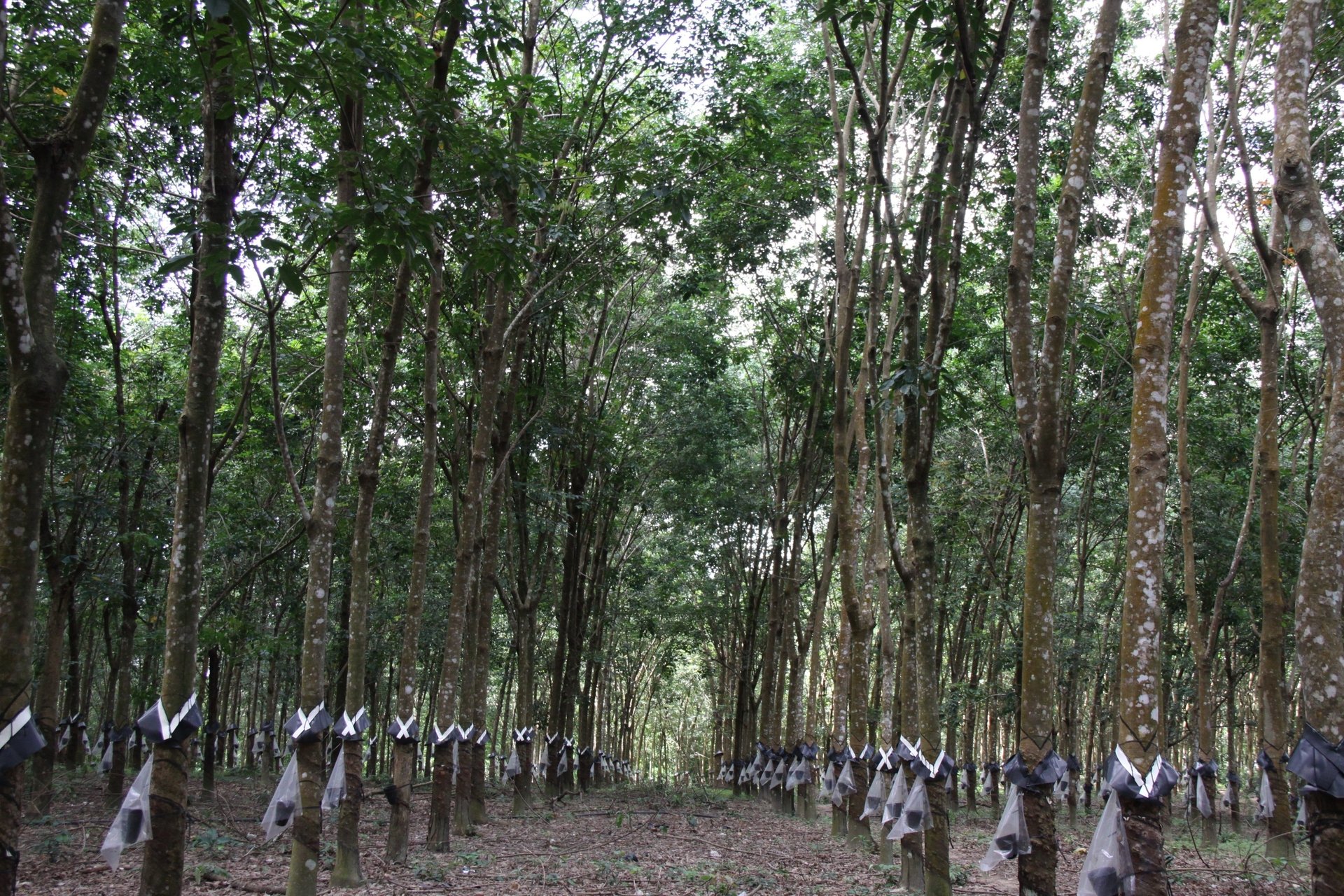
The Central Highlands is identified as a key agricultural region thanks to more than 2 million fertile basalt soils. Photo: TL.
Farmers in the project area are also trained to manage climate risks to agroecosystems by applying climate change management and planning practices.
The project demonstrates benefit sharing, sustainable use, and management of water resources in the context of climate change and the extreme El Nino phenomenon, which is forecasted to be active in 2023.
Irrigation water is one of the top concerns in the Central Highlands region, which is identified as a key agricultural area of the country.
Typically, in Krong Buk district, Dak Lak province, there are about 30,000 hectares of plants of all kinds, including 20,560ha of coffee, 1,072ha of pepper, and 1,916 ha of fruit trees. The rest are other crops. However, the whole district has only 46 projects of reservoirs and dams, meeting about 35% of the demand for crop irrigation each year. The rest depends on natural streams, ponds, and wells dug by local people.
Due to the high demand for irrigation, while the groundwater is increasingly exhausted, some areas, such as Cu Puong, Ea Sin, Cu Ne, and Cu Kpo, etc. are often affected by local drought.
In addition to international projects such as UNDP's coordinated implementation, the Ministry of Agriculture and Rural Development has also started constructing the canal system of Ea H'leo 1 lake in February 2023, expected to complete in 2024.
The Ea H'leo 1 reservoir project was approved by the Ministry of Agriculture and Rural Development for investment at the end of 2017, with a total investment of more than VND 1,600 billion. The project is divided into 2 phases in which the period of 2017 - 2021. A cluster of key and auxiliary works of Ea H'leo 1 Reservoir will be built, started in February 2019, and completed by the end of 2021.
From 2021 to 2025, the focus will be on building a reservoir with a designed capacity of 26 million m3, providing irrigation water for about 5,000 hectares of crops, and creating a water source for daily life, industry, and livestock in the project area.
This is the first project in Dak Lak province and the Central Highlands region to have a dam to prevent rivers from creating a reservoir designed as a gravity concrete dam using fly ash additives.
Translated by Ha Phuc
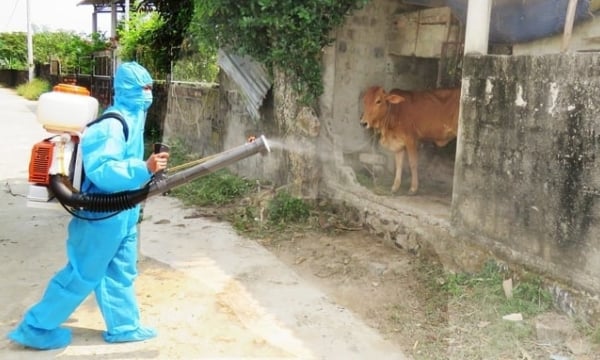
(VAN) An outbreak of Lumpy Skin Disease has occured across four districts in Quang Binh province, prompting local veterinary forces to strengthen prevention efforts.
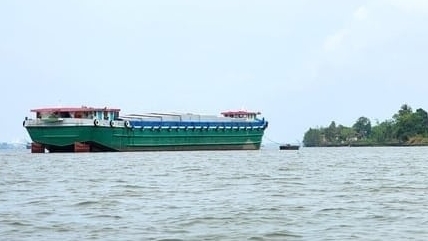
(VAN) 'There is water in the rivers and water in the sky, so why does the Mekong Delta lack water?', a problem raised by experts to find a solution for the region's water conservation story.
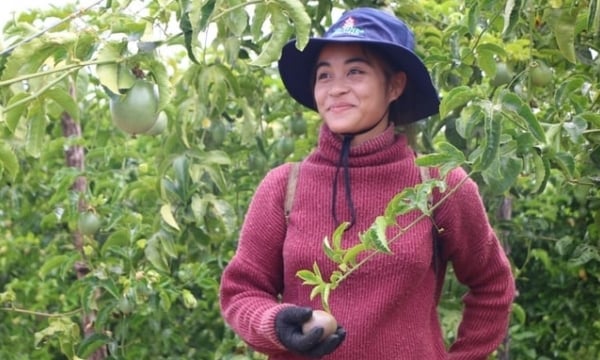
(VAN) With advantages in production area and market demand, passion fruit is emerging as a key crop in the Central Highlands, providing sustainable economic benefits for local residents.
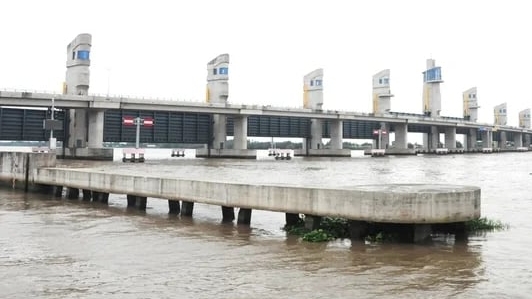
(VAN) Large-scale irrigation projects in the Mekong Delta have safeguarded a beneficiary area spanning more than 1 million hectares, significantly mitigating damage caused by drought and saltwater intrusion.
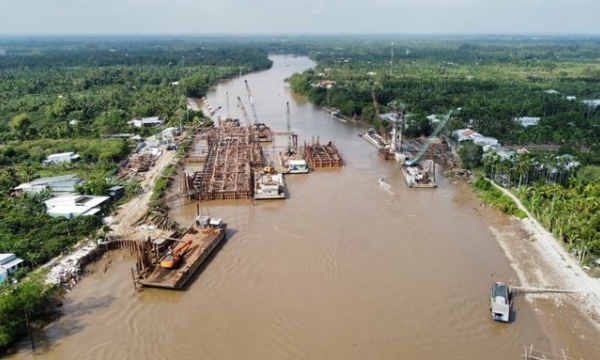
(VAN) Residents along the south bank of the Hau River are anticipating the Rach Mop lock by the end of 2024, along with projects to fortify the irrigation system to prevent saltwater intrusion.
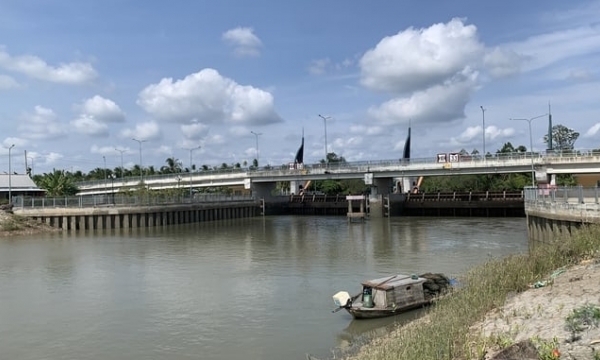
(VAN) The Bong Bot - Tan Dinh sluice delivers fresh water to meet the production demands of thousands residing in Tra Vinh province's coastal areas.
/2024/04/26/0500-3-135847_403.jpg)
(VAN) According to Dr. Dao The Anh, if indigenous varieties that are highly nutritious and adapt to climate change can be developed, the community will greatly benefit.